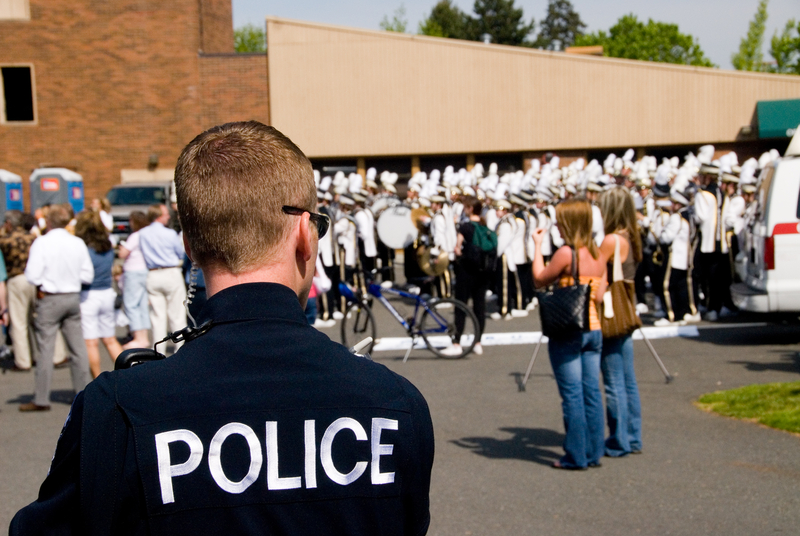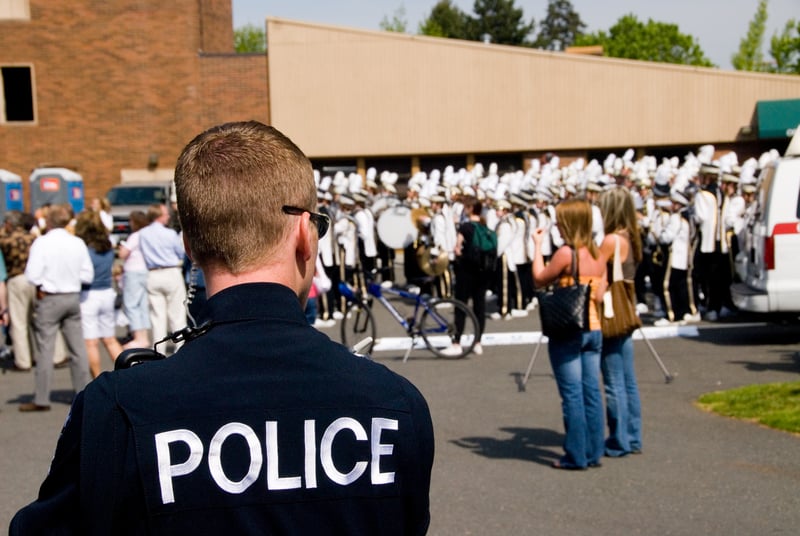
TOMS RIVER, NJ – The future of School Resource Officers (SROs) in New Jersey is becoming a hot topic, with some serious changes potentially on the horizon.
If Vice President Kamala Harris gets her way, the days of seeing a friendly police officer roaming the halls of your local school might be numbered.
Harris has been vocal about her desire to rethink how schools handle security, including her stance on removing police officers from schools altogether. She argues that the presence of police in schools can contribute to a more militarized environment and exacerbate existing inequities in school discipline.
“And so part of my plan is also a reduction of that. And then also, again, what we need to do about taking, demilitarizing our schools and taking police officers out of schools. We need to deal with the reality and speak the truth about the inequities around school discipline,” Harris said.
If elected, she could enact an executive order that forces cops out of schools nationwide.
The idea of school resource officers became more commonplace in New Jersey after the school shootings in Sandy Hook, Uvalde, and Parkland,
SROs have long been a staple in many New Jersey schools, serving as the first line of defense in the event of an emergency and as a supportive presence for students. These officers often play the role of counselor, mediator, and mentor, making them an integral part of the school community. For many students, the SRO is not just an officer, but someone they can confide in when life gets tough.
In many districts, these officers are seen as heroes, the go-to person for students who might be struggling with anything from bullying to personal issues. The thought of removing them has sparked concern among parents, educators, and students who worry about what this could mean for school safety and the well-being of the students.
Harris’s proposal to “demilitarize” schools by removing police officers is part of a broader conversation about how to address inequities in school discipline. Critics of the SRO program argue that the presence of police in schools can lead to the criminalization of minor infractions and disproportionately affect students of color.
However, the potential eviction of SROs from New Jersey schools by 2025 is not set in stone. It will depend on the outcomes of upcoming elections and how this issue plays out on the national stage. For now, the debate continues, and the future of SROs in New Jersey schools hangs in the balance.

